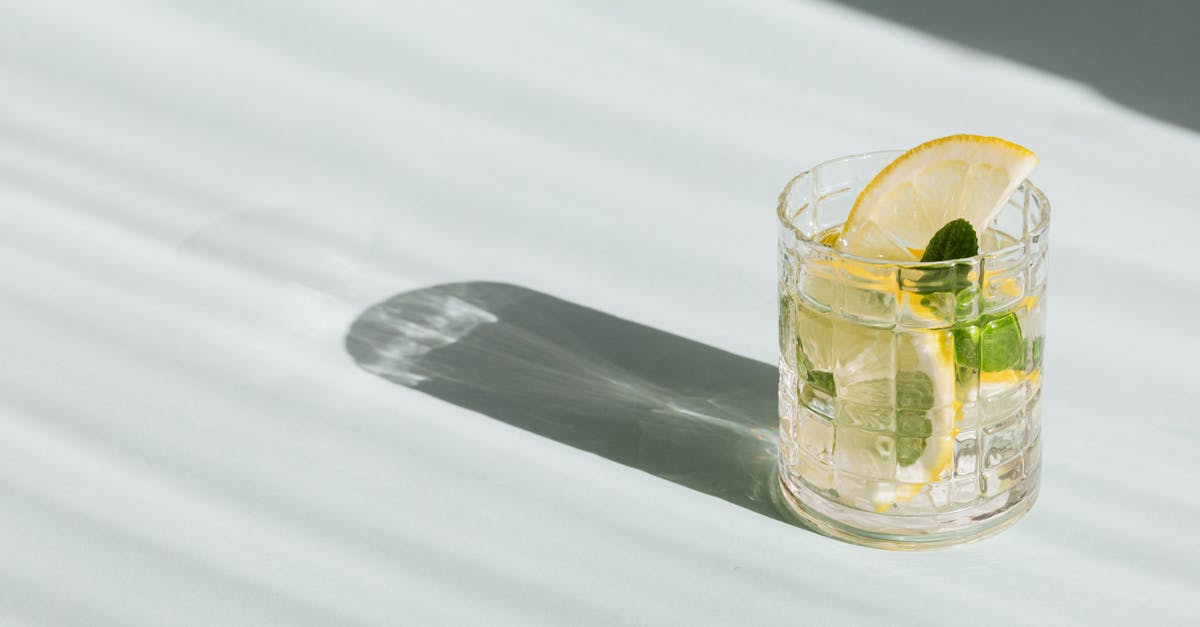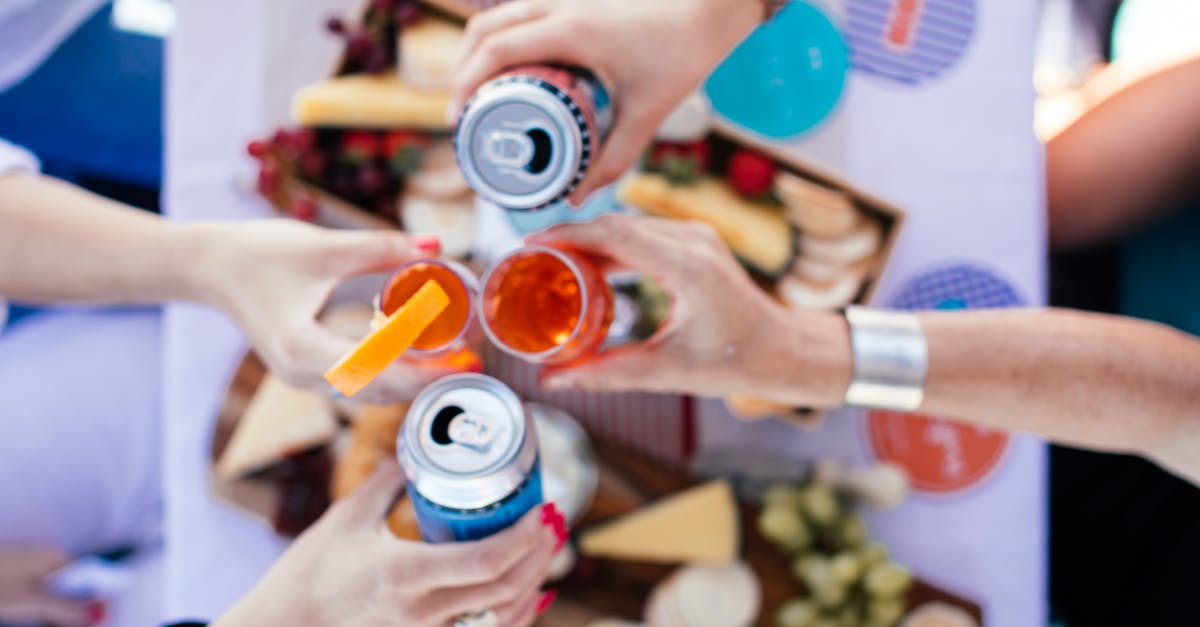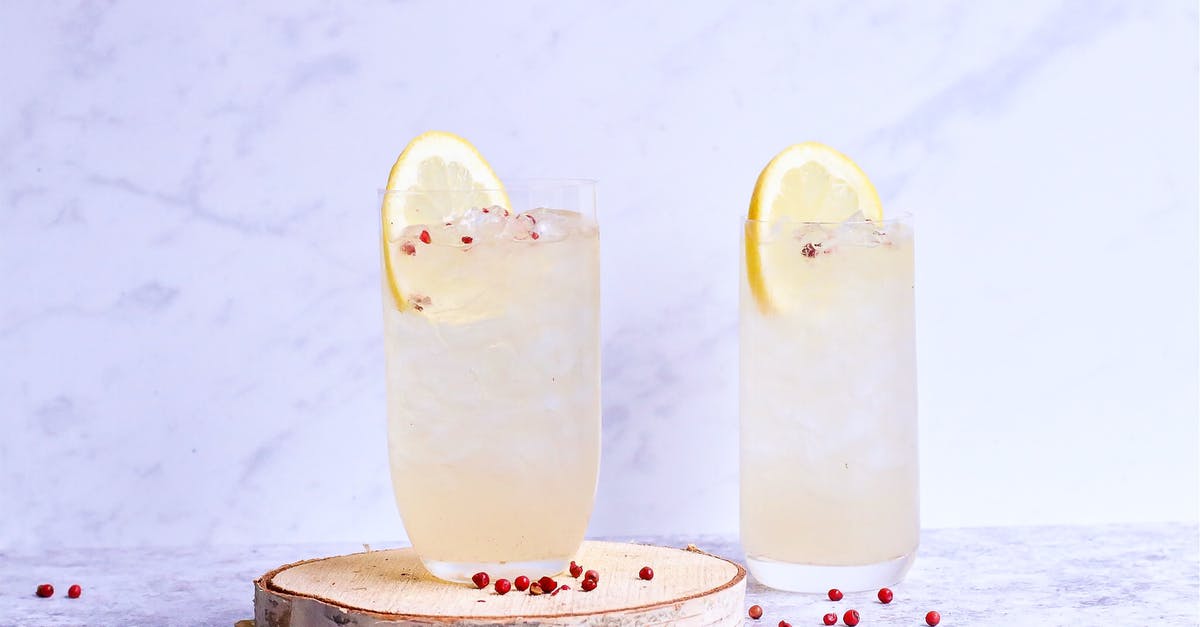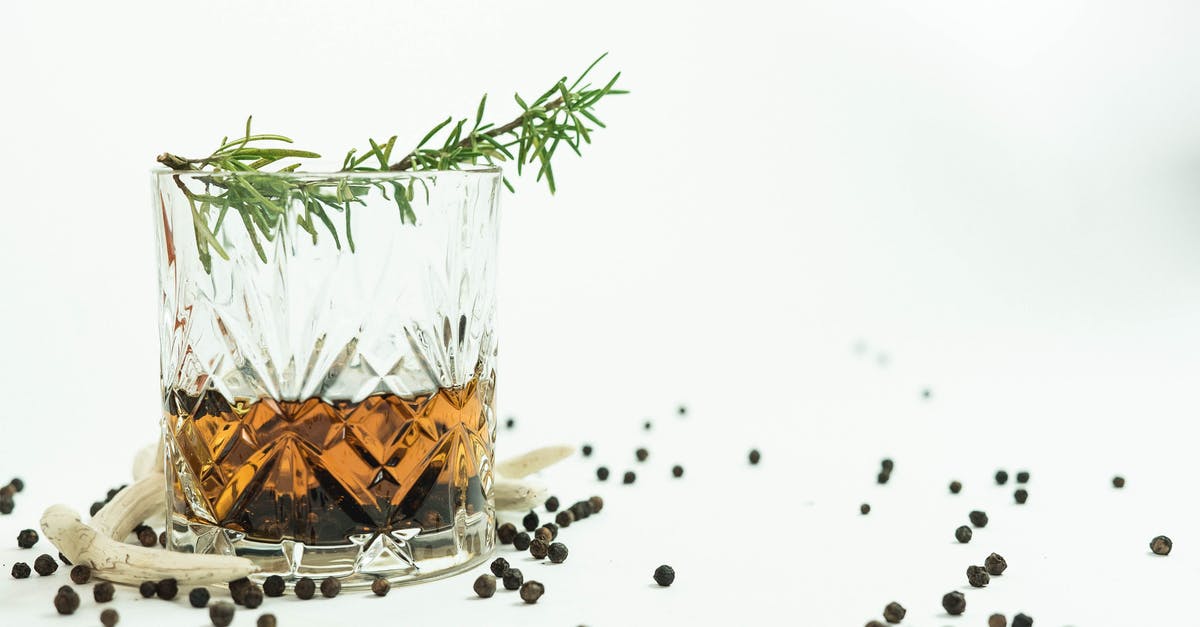How can I infuse alcohol with 'fragile' herbs?

I would like to infuse alcohol (gin specifically) with basil, but basil is quite a fragile plant and doesn't seem to react well to sitting in booze for a few days. I tried muddling basil and putting it in an air tight container with my gin. I stored it at room temperature in a dark cabinet and tasted it daily. After one day it was starting to get a hint of basil, but the taste was not strong enough. The color was a pleasant light green. After two days, the color had gone greenish brown and the flavor had gone south. It's hard to explain, but it was not good. I assume you'd have the same issues with mint, parsley, cilantro, etc.
How can I get a better basil flavor in my infusion? Should I just use a ton of basil and infuse for a day? Should I not muddle the basil? Should I blanch the basil?
Best Answer
Refrain from muddling, use more (fresh) basil, (try agitating,) and infuse for a longer duration; I quickly found one recipe for basil-infused vodka requiring a four day sit and two "fists" of basil. Vanilla and ginger can take a week, cucumber vodkas can entail a fourteen day sit.
- Some constituents will infuse quickly (habanero, strong flavor), some will not (cucumber, subtle flavor)
- Some should be processed whole to avoid "off-flavors" or other reactions like browning (basil), while others should be crushed (garlic, promoting allicin production), shredded (carrots, increasing surface to area to increase extraction), or chopped (pears).
Many variables play into how various ingredients will infuse various liquors, and I don't feel it would be fair to really say there is a general rule to follow. To begin, though, I would identify your main variables with respect to solute (look for basil recipes, if none then other leafy herbs), solvent (look at the pH of the alcohol in addition to the type and proof), and method (duration, preparation of solute, agitations, single v. multiple/compound macerations), and look to similar approaches.
Hands-on Patience is the real virtue here though; vis-a-vis frequent sampling. From everything I have read and seen in both my limited experience and another friend's, even returning to what you thought was a 'tried-and-true' can yield very different results.
- With respect to discussions on vodka & gin VS. Everclear extractions, there is a Chow thread of interest
- With respect to the industrial processing of macerations and compound distillates, I found an interesting article on ICS
- If the browning continues, you might consider adding a citrus like lime or lemon to see if that stems the browning as the added acid may inhibit this (Gordon's has a pH of 6.9, others, particularly cheaper gins, range down to 3.8). That said, in my limited explorations with infused vodkas I have not run into a browning issue so it may simply result from muddling (bruising).
Pictures about "How can I infuse alcohol with 'fragile' herbs?"



How do you infuse herbs into alcohol?
Place 4 ounces by weight of dried chopped or ground herbs (twice as much for fresh) into a glass jar with lid that can be tightly closed. Pour 1 pint of 30% (60 proof) vodka on the herbs, close the container tightly. Label with contents and date.How long does it take for herbs to infuse in alcohol?
But here are some guidelines: Dried spices: Agitate (i.e. shake) every few days and taste after 3-5 days. Start tasting after a few days, could take as long as 2-3 weeks. Dried herbs: Start tasting after 24 hours, every 12 hours thereafter.What is the best way to infuse alcohol?
How to Infuse AlcoholWhat herbs go well with alcohol?
7 Spices You Need To Be Adding To Your Booze- Rosemary. Rosemary is a zesty, aromatic spice that's often used in steak and poultry recipes. ...
- Basil. Basil is the main component in pesto, which is nothing short of an 8th world wonder. ...
- Tarragon. ...
- Cilantro. ...
- Cardamom. ...
- Black Pepper. ...
- Dill.
Basic Infusions: How to make Infused Spirits and Syrups for Cocktails - Mixology Talk Podcast
More answers regarding how can I infuse alcohol with 'fragile' herbs?
Answer 2
If you have access to an iSi or other whipped cream charger, you can use it to infuse very quickly, eliminating any off-colours or off-flavours that would develop from steeping. There are several posts on this process, including one at Cooking Issues and another at Playing with Fire and Water.
It's really very simple, just add your flavouring agents to room-temperature liquid, charge up, swirl for 30 seconds, let stand for 30 seconds, vent and strain.
The working theory seems to be that the high pressure forces tiny bubbles into the flavouring items, which then escape back into the liquid after releasing the pressure. Whatever the scientific explanation is, it works brilliantly.
Don't crush or muddle them first. That leads to rapid enzymatic browning, even when preserved in alcohol.
Answer 3
In the off chance you have access to a rotary evaporator (or you are willing and able to build one), it does seem to be possible to infuse vodka with delicate herbs like cilantro and thai basil.
Sources: Stack Exchange - This article follows the attribution requirements of Stack Exchange and is licensed under CC BY-SA 3.0.
Images: Karolina Grabowska, Rachel Claire, Geraud pfeiffer, Dziana Hasanbekava
